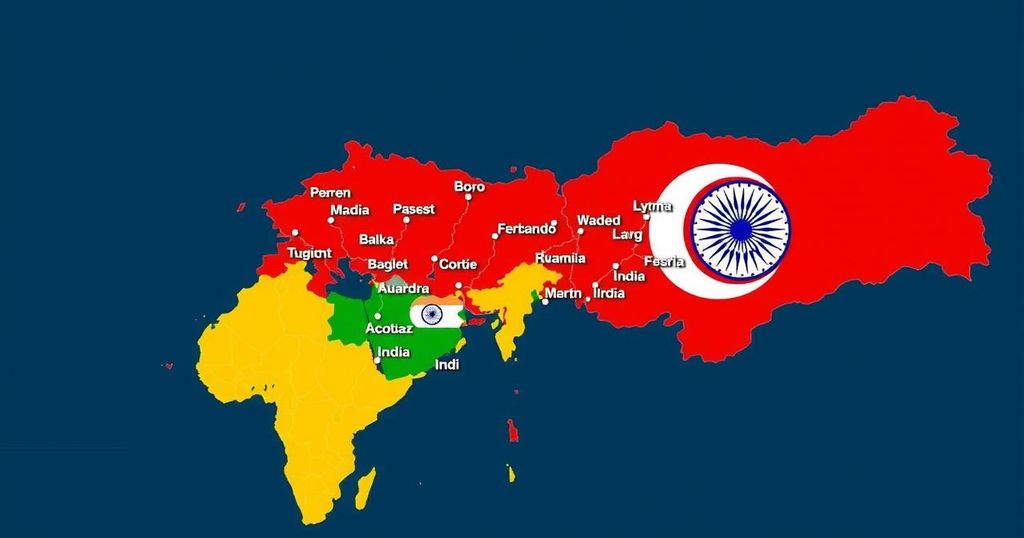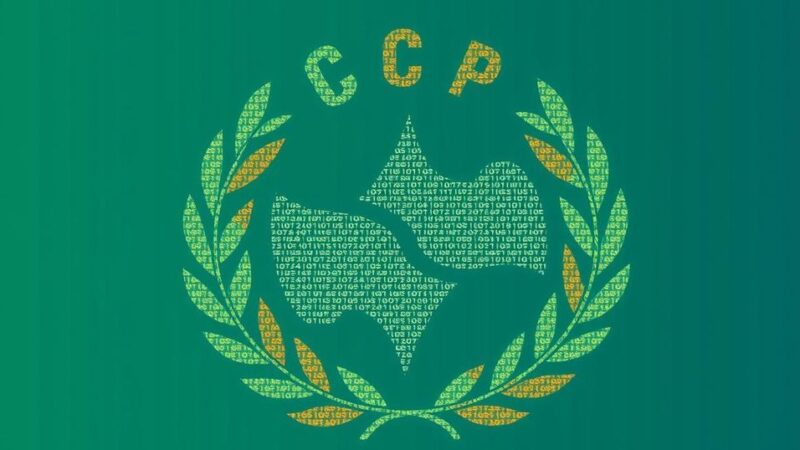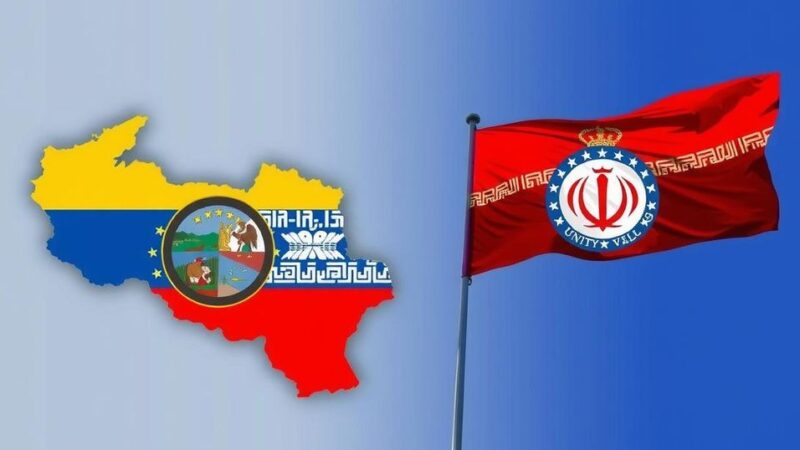Turkey’s application to join BRICS has been rejected by India, which cited Turkey’s close relationship with Pakistan as the reason. The BRICS coalition, having recently expanded to include countries like Saudi Arabia and the UAE, has chosen not to accept new members for the time being amidst a lack of consensus.
India has formally declined Turkey’s application for membership in the BRICS grouping, attributing its decision to Turkey’s close affiliations with Pakistan. This rejection has impeded the necessary consensus required for Turkey’s acceptance into the bloc, and consequently, the BRICS leaders have opted to refrain from expanding their membership in the foreseeable future. \n\nThe rejection was reported on October 24 by the German newspaper BILD, which detailed India’s position on the matter. The online news portal T24 corroborated that during their recent summit, the BRICS leaders collectively decided against the acceptance of any new members at this time. In recent years, countries such as Iran, Egypt, Ethiopia, the United Arab Emirates, and Saudi Arabia have joined BRICS, while Turkey, Azerbaijan, and Malaysia had submitted requests for membership. Analysts suggest a general reluctance among certain member nations towards further enlargement of the group. \n\nTurkey had officially expressed its desire to join BRICS on September 2, with a report from Bloomberg indicating that the Turkish government aimed to enhance its global influence and establish new partnerships beyond its established ties with Western nations. Sources stated that the administration under President Erdoğan recognized a shift in the geopolitical balance away from developed countries. President Erdoğan, during the 16th BRICS summit held on October 24 in Kazan, Russia, raised various global issues in his address, including the ongoing violence in Palestine and a recent incident of gun violence in Turkey that resulted in five fatalities. \n\nBRICS, initially formed by Brazil, Russia, India, and China in 2006 to amplify the representation of developing nations in global affairs, expanded to include South Africa in 2011. The organization seeks to champion the interests of the global East and South, positioning itself in opposition to the Western-dominated framework led by the United States. A primary objective of BRICS is to advocate for reforms in institutions such as the International Monetary Fund and the World Bank, which are perceived to favor Western interests. While Russia has historically led the organization, there is an increasing recognition of China’s growing dominance within BRICS, strengthened by its substantial economic and political clout.
The BRICS coalition, composed of Brazil, Russia, India, China, and South Africa, represents a strategic alliance of emerging markets focusing on reforming global governance mechanisms. This organization promotes the interests of developing countries and advocates for a multipolar world, counterbalancing Western influence. Turkey’s application for BRICS membership aimed to align with this goal and to strengthen its position on the global stage, particularly amidst perceived geopolitical shifts away from traditional Western alliances. India’s rejection of Turkey’s membership highlights the complex dynamics within BRICS, where historical rivalries, particularly between Turkey and Pakistan, can influence collaborative efforts. Recent expansions of BRICS have aimed to include more countries with similar objectives, but resistance to further enlargement remains significant among existing members, underscoring the challenges of reaching consensus on new candidates.
In conclusion, Turkey’s bid to join BRICS has been thwarted following India’s rejection, primarily due to concerns regarding Turkey’s relations with Pakistan. The BRICS leaders have decided not to accept new members in the near future, reflecting a cautious approach toward expansion. The coalition remains focused on representing the interests of the Global South and advocating for reforms in international institutions, yet internal disagreements on membership decisions demonstrate the complexities that arise from geopolitical tensions. Strengthening its global influence remains a key objective for Turkey, which may seek alternative avenues to achieve these aims in light of this setback.
Original Source: www.duvarenglish.com






